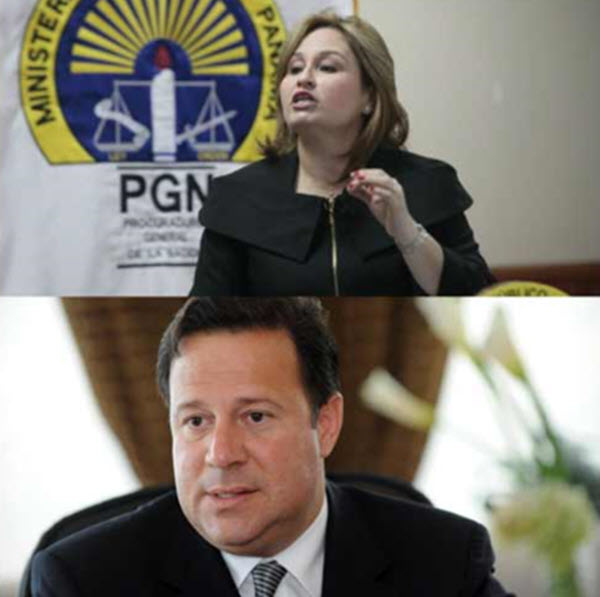A close relationship including consultations on policy is revealed in the messages, which Varela accepted were found on his phone, although at the same time he claimed that some had been manipulated for the purpose of causing damage, without specifying which.
Despite the separation of powers in the country, the messages spanning April 9 to October 23, 2018, demonstrate how the president and Porcell discussed issues related to criminal cases or treatment of the accused, with emphasis on former president Ricardo Martinelli, who was currently in pretrial detention.
Similarly, Porcell advised Varela on political strategies, including communication tactics through the press media, suggested approaches to speeches and official notes, as well as various topics such as security issues with negative mention of senior officers of the armed forces and the Ministry of Security.
A close relationship including consultations on policy is revealed in the messages, which Varela accepted were found on his phone, although at the same time he claimed that some had been manipulated for the purpose of causing damage, without specifying which.
Despite the separation of powers in the country, the messages spanning April 9 to October 23, 2018, demonstrate how the president and Porcell discussed issues related to criminal cases or treatment of the accused, with emphasis on former president Ricardo Martinelli, who was currently in pretrial detention.
Similarly, Porcell advised Varela on political strategies, including communication tactics through the press media, suggested approaches to speeches and official notes, as well as various topics such as security issues with negative mention of senior officers of the armed forces and the Ministry of Security.
The newspaper La Estrella de Panamá concluded ‘that union would explain why the Public Ministry withheld the chapter of the Odebrecht investigation that linked Varela and prominent members of his party to the alleged bribes.’
Although the relationship between the two has focused media attention, other scandalous issues appeared in leaked conversations, such as Varela’s direct participation in the conspiracy to overthrow his Venezuelan counterpart, Nicolás Maduro.
From China, where he is visiting, the former president issued a statement denying that he lost his cell phone, as claimed by the website varelaleaks.com that published the content, and threatened to take legal action this week against those responsible for tapping his phone.
He recalled the complaints against the purchase of the Israeli Pegasus telephone spyware system under the administration of his predecessor Ricardo Martinelli, and its subsequent elimination with the change of mandate, and insisted on the possibility that the former president and his relatives continue to operate the spyware.
Pegasus was sold to the government of Panama by the Israeli company NSO Group and is considered by experts a sophisticated cybersecurity weapon, capable of destroying itself if it fails to contact its creators’ servers for 60 days, according to Spanish newspaper La Vanguardia.
The governments of India and Mexico, and Facebook and WhatsApp computer platforms have filed suits against NSO and its parent company Q Cyber ??Technologies, for attacks on user privacy, through this dangerous spyware.
